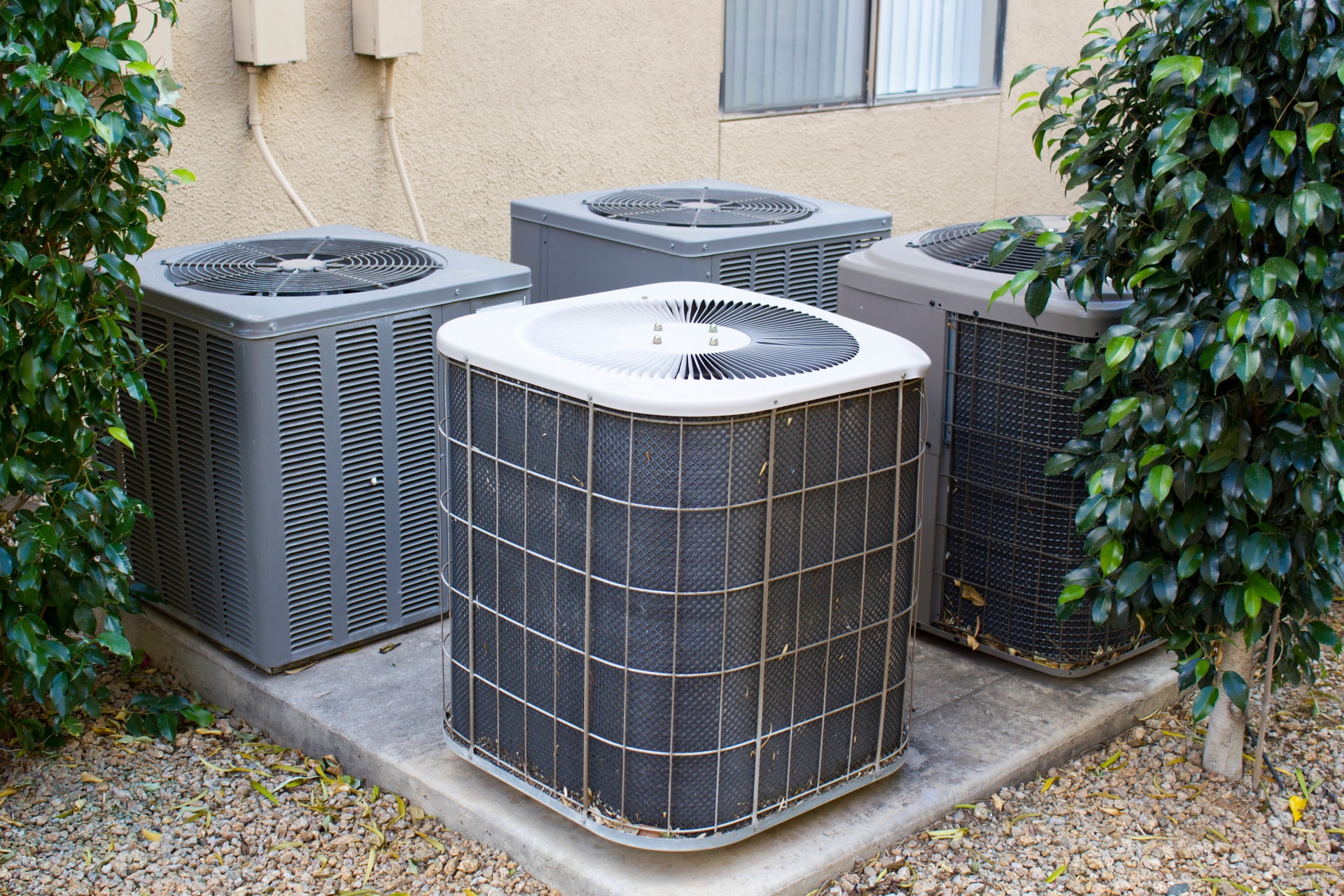
Our air conditioners are coming out in full force this year because of the record-breaking temperature increases. We’re excited, because we’ve been training for this summer and we’re happy to help any homeowners we can with their air conditioners. Whether it’s repair or replacement, our team has the necessary training and expertise to get the job done right. We’re ready and waiting to help with whatever you need!
That being said, what if we told you that you could help your struggling air conditioner today. There are some serious steps that homeowners can take that will improve the quality of their air conditioning, make their home more efficient, and reduce the repair needs that might pop up later. All we’re asking is to follow this guide and make sure you don’t neglect your air conditioning unit this summer in Grand Rapids, MI.
Deal? Great! Let’s get started.
Don’t Forget to Change the Air Filter!
Air conditioners cycle through a lot of air while they try to cool our homes down. This means that whatever dust, pet dander, hair, debris, and dirt that’s circulating through your air will also go into your HVAC system and get clogged up in the air filter. The more that’s clogging up your filter, the less airflow goes into the system and the harder it’s going to struggle.
Here’s a tip: Replace your air filter every 1-3 months to maximize airflow and keep your system happy. Also, if things are particularly hot and your AC is running more than usual, replace the air filter monthly so you’re allowing for fresh air to enter your system at all times.
Keep the Air Flowing
Do you know the location of your nearby air vents? It’s a good idea to allow for maximum airflow by making sure that none of your vents are blocked up. Sometimes during the winter and spring, we can accidentally cover our air vents with boxes, furniture, and other objects. If your air vents are blocked off, your air conditioner will struggle to cool your home down and you’ll see an overall decrease in energy efficiency.
Also, make sure your AC’s outdoor cabinet is given at least two feet of space away from any other objects as well. Just as the air has to flow inside, it needs to flow outside as well, as your AC’s outdoor components need to expel hot air easily.
Set Your Thermostat Correctly
Have you ever heard of the term, “temperature differential?” It’s basically used to describe how cool an air conditioner can keep your home depending on the temperature outdoors. Usually, a residential air conditioner can only keep a home up to 20 degrees cooler than the outdoor temperature, no matter how powerful it is. This is the temperature differential, and it’s important to consider it when setting your thermostat. If temperatures are reaching 100 degrees outside, setting your air conditioner to 60 is a bad idea, since it won’t ever reach that temperature, but your air conditioner is going to work as hard as it possibly can to try. This will waste energy and make you uncomfortable.
Contact GRmetro Heating and Cooling for help with your struggling AC unit this summer!





